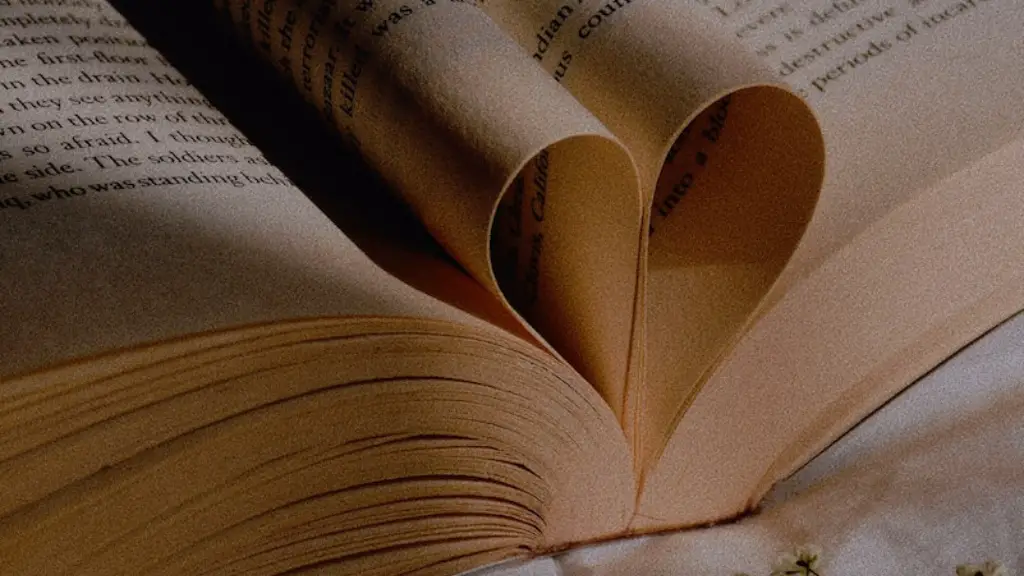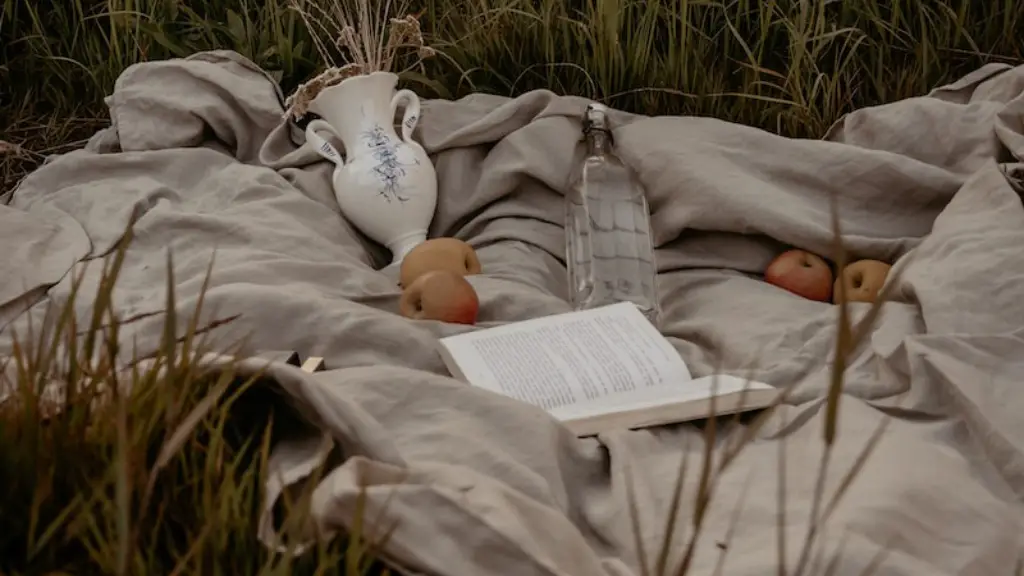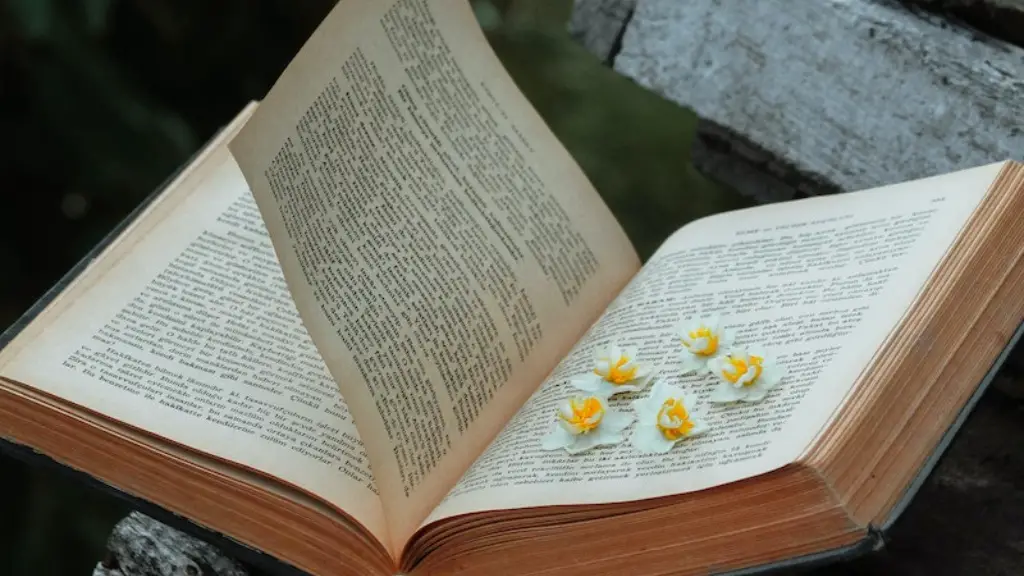Emily Dickinson is one of the most famous poets in American history. She is also one of the most reclusive. Emily Dickinson lived a quiet life, rarely leaving her home and only interacting with a small group of people. This reclusiveness had a profound effect on her poetry. Emily Dickinson’s poems are marked by their intimate, introspective quality. They offer a unique window into her thoughts and feelings, which were often hidden from the outside world.
The reclusiveness of Emily Dickinson definitely influenced her poetry. For one, it meant that she had a lot of time to herself to think and write. It also meant that she was not exposed to many different people and experiences, which may have made her poetry more introspective and personal. Additionally, her reclusiveness may have made her poetry more cryptic and difficult to understand, since she was not sharing her work with anyone and was not getting feedback.
Why was Emily Dickinson so reclusive?
It is not known for certain why Emily Dickinson was so reclusive, but there are several theories. Some experts believe that she may have suffered from social anxiety or other mental disorders. Others think that her parents may have been overprotective, or that the deaths of close friends may have prompted her to withdraw from society. Whatever the cause, Dickinson was known for her solitude in life and her masterly poetry in death.
Dickinson’s poetry was heavily influenced by the Metaphysical poets of seventeenth-century England, as well as her reading of the Book of Revelation and her upbringing in a Puritan New England town, which encouraged a Calvinist, orthodox, and conservative approach to Christianity. Her poetry often reflects her preoccupation with death and immortality, as well as her fascination with the supernatural.
How did Emily Dickinson’s life affect her poetry
This note is about how Emily Dickinson’s lifestyle affected her poetry. Emily Dickinson lived most of her life inside her father’s house and rarely left her room. This caused her poems to often deal with her inner emotions. In her poetry, Dickinson was always trying to get at the heart of the things. This contributed to creating her unique writing style.
Emily Elizabeth Dickinson is one of the most important American lyric poets. She was born in Amherst, Massachusetts in 1830 and died in 1886. Dickinson lived in seclusion and wrote poetry that was remarkable for its style and vision.
Why did Dickinson isolate herself?
Dickinson rebelled against more than just religious doctrine and her role as a 19th-century upper-class woman. She chose to lead a life of self-isolation that would enable her to write her famous poems. This life of seclusion was not only a rebellion against societal norms, but also against the expectations placed upon her as a woman. Dickinson did not want to be limited by her gender, and so she chose to live a life that was unconventional for a woman of her time.
Emily Dickinson was a keen observer, and she used images from nature, religion, law, music, commerce, medicine, fashion, and domestic activities to probe universal themes. She was particularly interested in the wonders of nature, the identity of the self, death and immortality, and love.
What was Emily Dickinson’s poetry style?
Emily Dickinson was an American poet who is known for her use of slant-rhyme, conceits, and unconventional punctuation. She was part of a prominent Amherst, Massachusetts family. Dickinson was a reclusive poet who didn’t share her work with many people.
Certain Characteristics of Emily Dickinson poetry are:
Unconventional themes
Varied Moods
Shortness and Conciseness
Untitled Poems
Individualism and Transcendentalism
Unbiased Opinions
Mysticism and Spiritualism
Realism
How was Emily Dickinson influenced by romanticism
Dickinson’s poems reflect many of the qualities and characteristics associated with the Romantic movement, such as imagination and escapism, individuality, and finding spirituality in nature. In this poem, she most definitely displays these themes.
Emily Dickinson was a very lonely girl who often talked about death in her poetry (“Emily”). When she was younger she was sent to a female seminary in South Hadley where she became very homesick and returned home after a year. Emily’s loneliness is evident in her poetry, as she often write about death and loss. Even though she was a reclusive person, Emily’s poetry has touched the lives of many people.
Which reclusive American poet published most of her poems posthumously?
Emily Dickinson was a reclusive American poet who was unrecognized in her own time. She is known posthumously for her innovative use of form and syntax. Dickinson’s poetry is marked by its mercurial shifts in speaker, subject, and tone. She was a master of the short lyric, and her poems often deal with themes of death and immortality.
The poet is travelling to Lyonnesse, a place said to be about 100 miles away. He is feeling lonely, but the starlight is lighting his way.
Which writer was an eccentric recluse
There are a few writers who have managed to remain relatively anonymous, despite their popularity. Butler, Pynchon, Dickinson, Bronte, Salinger, Lee, McCarthy, and Ellroy are all examples of writers who have managed to keep their personal lives largely out of the public eye. This is perhaps unsurprising, given the highly personal and introspective nature of their work. What is interesting, however, is that these writers have all managed to create incredibly rich and detailed worlds in their novels, despite their own relative anonymity. This just goes to show that, when it comes to great writing, the personal life of the author is relatively unimportant.
This poem speaks to the idea that there are situations and places where one can be alone, and that society can provide a solitude of space. The poem suggests that being alone can be a good time to reflect on different aspects of the world, such as the sea.
Did Emily Dickinson live in isolation?
I find it fascinating that Emily Dickinson spent so much time in isolation, given that she was considered an eccentric by her local community. I wonder if she found solace in her solitude, or if it simply allowed her to focus on her writing. Either way, her isolation definitely had an impact on her work.
Dickinson’s poem speaks to a deep truth about loneliness: that sometimes it is so big and so scary that we can’t even bring ourselves to look at it. And yet, despite its power, loneliness is something we all experience at times in our lives. It can be incredibly hard to face, but Dickinson’s poem reminds us that we are not alone in our loneliness.
What is the overall tone of Emily Dickinson’s poems
Emily Dickinson is unique in her writing style and choice of topics. While some of her poems deal with dark and depressing subjects, others read liketiny essays with a more positive outlook. Her ability to capture different tones in her poetry makes her one of the most respected and admired poets of her time.
Emily Dickinson is one of the most renowned poets in American history. Her poetry is characterized by its unconventional themes, individualism, transcendentalism, spiritualism, realism, and symbolism. Dickinson was a highly introspective person, and her poetry reflects that. She often wrote about death, love, nature, and God. Her use of language was deliberately simple, yet highly evocative. Her poems are short, butpack a powerful punch.
Conclusion
Emily Dickinson’s reclusiveness had a profound effect on her poetry. She was able to tap into her own inner world and produce some of the most original and strikingly intimate poems in the English language. Her work was often compartmentalized and her subjects were highly personal, which likely reflected her own life of isolation.
Emily Dickinson’s reclusiveness had a profound effect on her poetry. She was able to tap into her innermost thoughts and feelings and express them in her work. Her poetry is marked by its intensity and its ability to capture the human experience.





